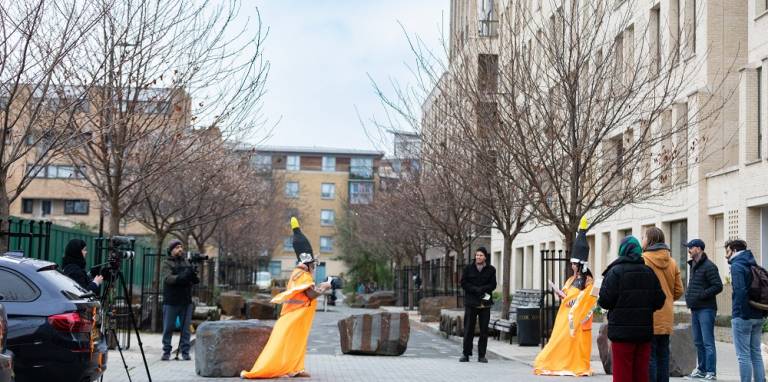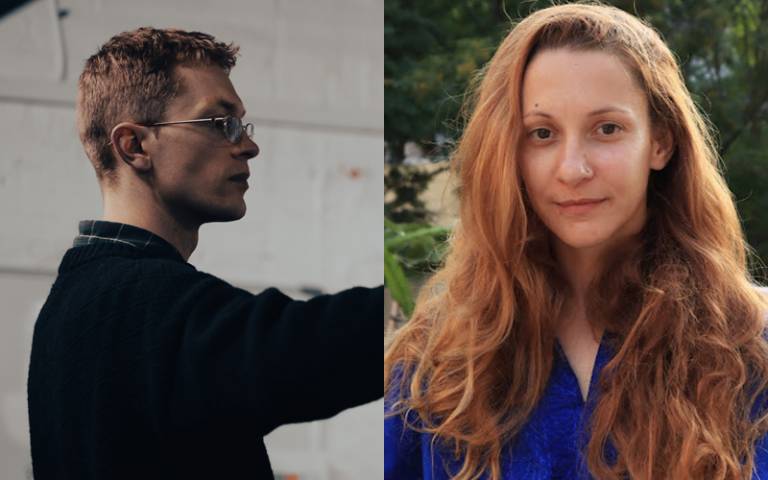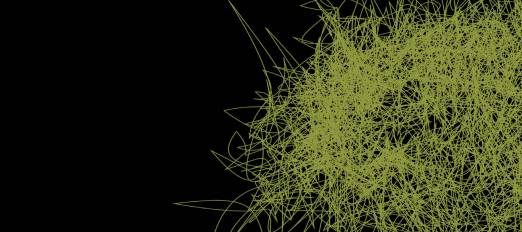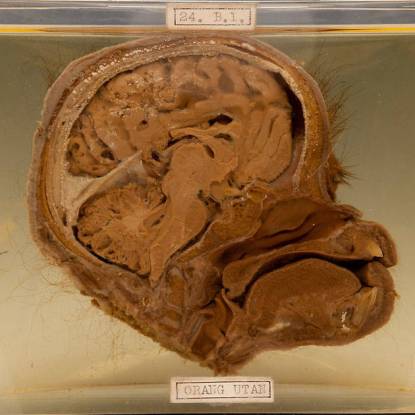Performing Planet Activism: Our Place in the Game

About the project
Part of Performing Planet Activism, a series of interactions, performances and dialogues at UCL that bring together artists, activists, researchers and communities engaged in climate activism.
Our Place in the Game is an on-site performance project created with residents of the Kings Crescent Estate, Hackney led by activist and researcher Nikolett Puskás and artist Hector Dyer. Developing exchanges around the climate crisis based on human connection, empathy and emotional response, rather than unloading information that alienates or scares people, the project looks at ways to discuss how individual research can interact with, and exchange knowledge with, real life.
- Find out how research can connect with communities and be of value to them
- Be inspired to do direct, engaged research
- Break down how the climate crisis overlaps with everyday life and find ways to mobilise action
- Nikolett Puskás
Nikolett is an activist and researcher who champions a process of actions alongside theory. She believes in bottom-up, grassroots initiatives for social inclusion and real change, helping pave the way to the right to the city and right to environmental justice. Currently finishing her PhD at the Institute for Global Prosperity, The Bartlett School of Architecture, UCL, and part of the RELIEF Centre, she holds a BSc in Light Industrial Engineering, an MA in Sustainable Design and an MSc in Leadership for Global Sustainable Cities. Nikolett utilises transdisciplinary practices and research methods to build upon her diverse academic and professional background. She says, “Mine is a holistic approach aiming at transformative and consecutively regenerative design for a more prosperous future that is pluriversal." https://www.nikipuskas.com/
- Hector Dyer
Hector is a self-taught artist who works across textiles, performance and social engagement. They are interested in making work that responds and listens to the situation at hand. Their art takes a DIY approach and is often made in collaboration with others. Hector’s performance work comes from street performance and creating interventions in public space. They believe in disrupting expectations of how we feel we have to behave. Hector’s work has been shown at venues including Barbican Centre, Tate Modern, Tate Liverpool and the National Maritime Museum. They are an artistic associate of Hackney Showroom and a member of SEADS Collective and Design Yourself. https://hectordyer.com/ @hectortdyer
Q&A with Hector and Niki


What are your key messages for researchers working with communities?
Hector: It’s quite hard to give clear cut answers to this because I think my main point would be that each ‘community’ is unique, therefore each project needs to respond to that. If you take the time to listen, what is being said and how can you help hold and expand on that? And what is the balance between making a framework that the community feel supported to create within, and making sure you are not directing people to bring your personal vision to life? I think it’s important to ask why you are working with this community and whether you are making it for them or your own interests. And to be transparent at the start: what are the principles you want to make work from?
Niki: My key message would be the encouragement to do it, and keep on doing it - engage with communities, on a deeper level, take the time and effort to create genuine spaces for collaboration, enable community members to contribute. For this, I would like to encourage researchers to become more of a facilitator and motivator instead of considering themselves as ‘experts’. On this note I recommend an article we wrote with Professor Yaser Abunnasr at the American University of Beirut, making the case for this approach. I would also like to emphasise the importance of practising ethics of care: Last year, with a collective from across UCL we co-wrote and published a manifesto for collaborative sciences that summarises the key messages for all researchers and practitioners out there.
How do we improve access to knowledge?
Hector: It depends on what knowledge we are talking about. Everyone has knowledge that we can listen to and learn from. Is the knowledge that we have always been told to listen to the right kind to listen to any longer? I think the ‘right knowledge’ has always been here but it hasn’t been platformed. We need to raise these voices now.
Niki: I advocate for taking it literally to the streets and ‘other spaces’, to improve access, decolonise, decentralise, make it more just and inclusive. Widening accessibility surely doesn’t happen within the walls of educational institutes and other exclusionary spaces. I think it’s also worth discussing, debating, exploring and then redefining what do we mean by 'knowledge' in the first place. This is probably scary and uncomfortable for some researchers, but we need to fundamentally rethink and collectively rediscover several things.
What roles can strong local communities have in the fight against the climate crisis?
Niki: In short: a crucial one. But first they should have the right to knowledge which is already problematic in many places. The right to knowledge, the right to decide, the right to the city, the right to environmental justice… Plenty of literature discusses and builds a case around the role local communities have in addressing climate and environment-related challenges. For the role and power of people in general I’d recommend the book 'Humankind: A Hopeful History' by Rutger Bregman. However, the trend seems to be that in most cases communities are not genuinely enabled and empowered to meet this/their potential. Whilst the issue of not having the above-mentioned basic human rights remains, communities can reclaim power and have a crucial impact, a great example being referenced in this paper on sciencedirect.com by Hanna Erixon Aalto and Henrik Ernstson.
I would also like to share a personal example that illustrates the answer to this question: There have been devastating wildfires across Lebanon in the past years. In 2020 there was a huge one in the Chouf region (following a disastrous one in 2019). Since I was there and have friends from this area, I learnt that in the absence of a functioning government and infrastructures, people, the local community stepped in without thinking, self-organised rapidly and became firefighters. They made human chains and passed on buckets of water to put the fire out. For me, this is an incredibly powerful story on how communities can come together to respond to crises.
The point is governments, policymakers and high level bodies should take responsibility, safeguard people, and lead by example and action in the fight against the currently ongoing multiple environmental and human crises. However, in the absence of this ideal world scenario, people and communities can always play a role to make a difference and have a positive impact. And us researchers should be playing a role in facilitating and enabling these meaningful and important actions.
Hector: If you have communities who have strong communication, care for their local environment and organise together then they have empowerment to make change together. I think this feeling and practice of autonomy has been broken down a lot in the UK and elsewhere. It’s hard to drive real change against the climate crisis when it thrives on division and people feeling like they’re helpless to make change as isolated individuals. I don’t think much can happen unless we are part of strong communities who drive our lives in our own directions.
 Close
Close



